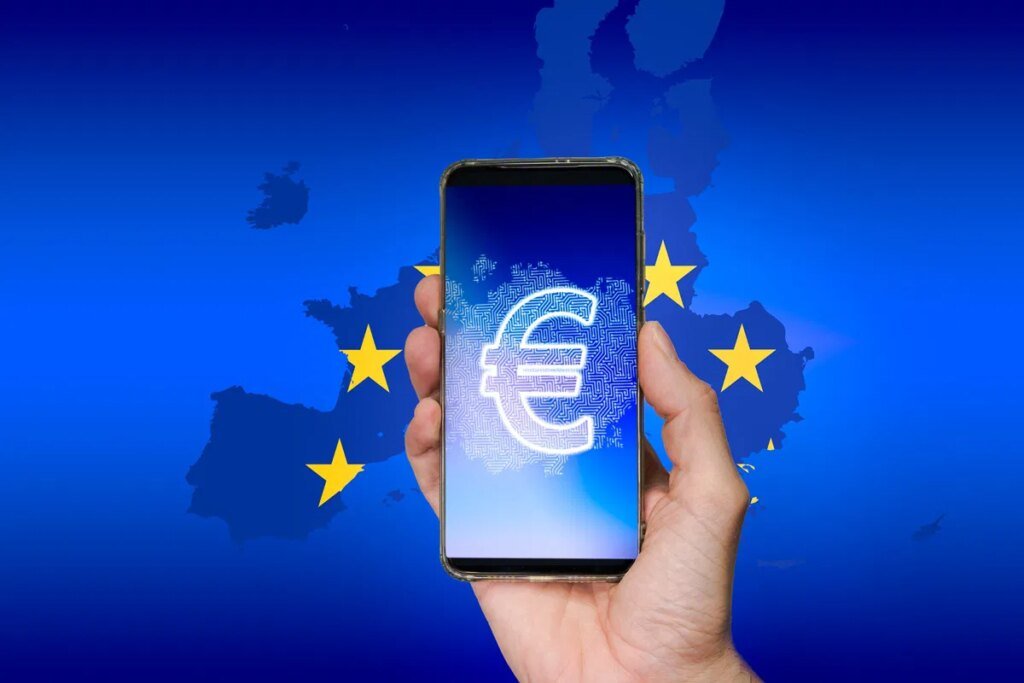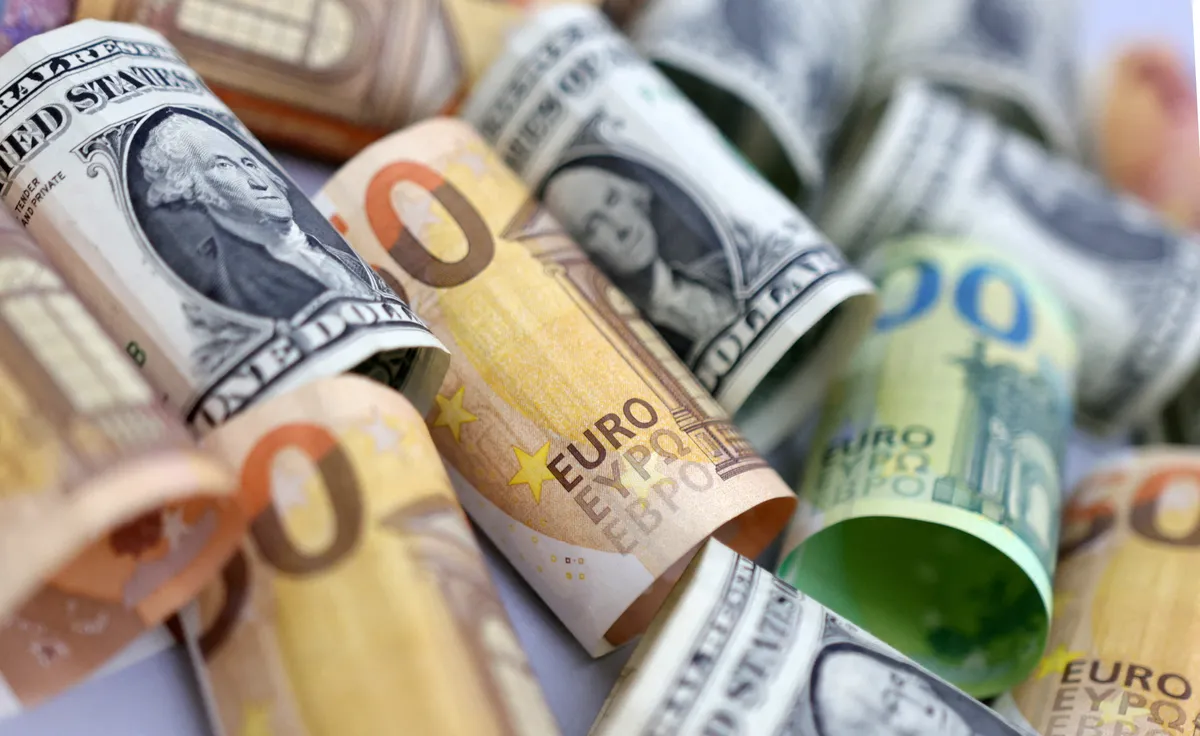The Digital Euro aims to revolutionise payments across Europe.
Credit : Ivan Marc, Shutterstock
Cash isn’t going anywhere just yet – but Europe’s money is about to go digital.
Spain is getting ready for the arrival of the Digital Euro, a new electronic version of the currency we all know, designed and guaranteed by the European Central Bank (ECB). It’s being introduced as a complement to cash, not a replacement, and aims to make payments across the eurozone simpler, safer and more inclusive.
Unlike cryptocurrencies such as Bitcoin or Ethereum, the Digital Euro won’t fluctuate in value or be used for speculation. It’s simply a digital version of the same euro you already use, backed by the ECB and worth exactly the same as the coins and notes in your pocket.
A new way to pay – without the middleman
The main goal behind the Digital Euro is to make everyday payments easier and to offer a public alternative to systems currently dominated by private companies like Visa, Mastercard and major banks.
With this new system, people in Spain will be able to pay directly from their phones or computers, send money instantly to friends or family, and make purchases both online and in-store – all without needing a private credit or debit card.
The ECB hopes this new model will also reduce dependency on large corporations that control most of Europe’s digital payments today. By creating a public digital infrastructure, Europe aims to ensure that digital transactions remain accessible, reliable and secure for everyone.
And for those worried about the disappearance of cash – the ECB has been clear: the Digital Euro is not replacing physical money, just giving people an extra option.
How it will work in practice
One of the most important promises of the Digital Euro is accessibility. The system will be available to everyone — whether they use the latest smartphone or not.
Users will be able to access their digital euros through an app, a website or even a physical card that acts like a digital wallet. That way, even people who aren’t comfortable with new technology can still use it safely and easily.
Money can be added to this digital wallet in two ways: by transferring funds from a regular bank account, or by depositing cash at authorised centres such as Spanish post offices. The service is expected to be free for basic transactions, ensuring that nobody is left out due to financial or technological barriers.
The ECB also plans for the Digital Euro to work even without an internet connection. Using near-field communication (NFC) and a secure chip, users will still be able to make payments offline – a feature that could be particularly useful in rural areas or during emergencies.
Privacy has been another top concern for the project. According to the ECB, digital euro payments will be as private as cash. Only the buyer and the seller will know the details of each transaction – meaning there won’t be mass tracking or data collection behind the scenes.
When will the Digital Euro arrive in Spain?
The Digital Euro is still in development. The project was announced by the ECB at the end of 2023 and, up until mid-2025, it was still in the process of being defined both technologically and regulatorily.
The institution says it wants to get everything right – from security and privacy to ease of use – before making it available to millions of people across Europe.
Right now, more than 70 companies across Europe, including three from Spain, are working with the ECB to build and test parts of the system. They’re exploring everything from how to make payments faster to how to ensure the digital wallet works seamlessly both online and offline.
Experts estimate it could still take a few more years before the Digital Euro becomes part of daily life. In the meantime, the focus is on creating the necessary infrastructure, regulation and public education to ensure a smooth transition when it finally launches.
So while the euro in your pocket isn’t disappearing, it’s clear that Europe is heading toward a more digital future — one where public money keeps up with the pace of modern life, offering both security and convenience.
And for millions of Spaniards, that future might be just around the corner.
Stay tuned with Euro Weekly News for the latest news about Spain






